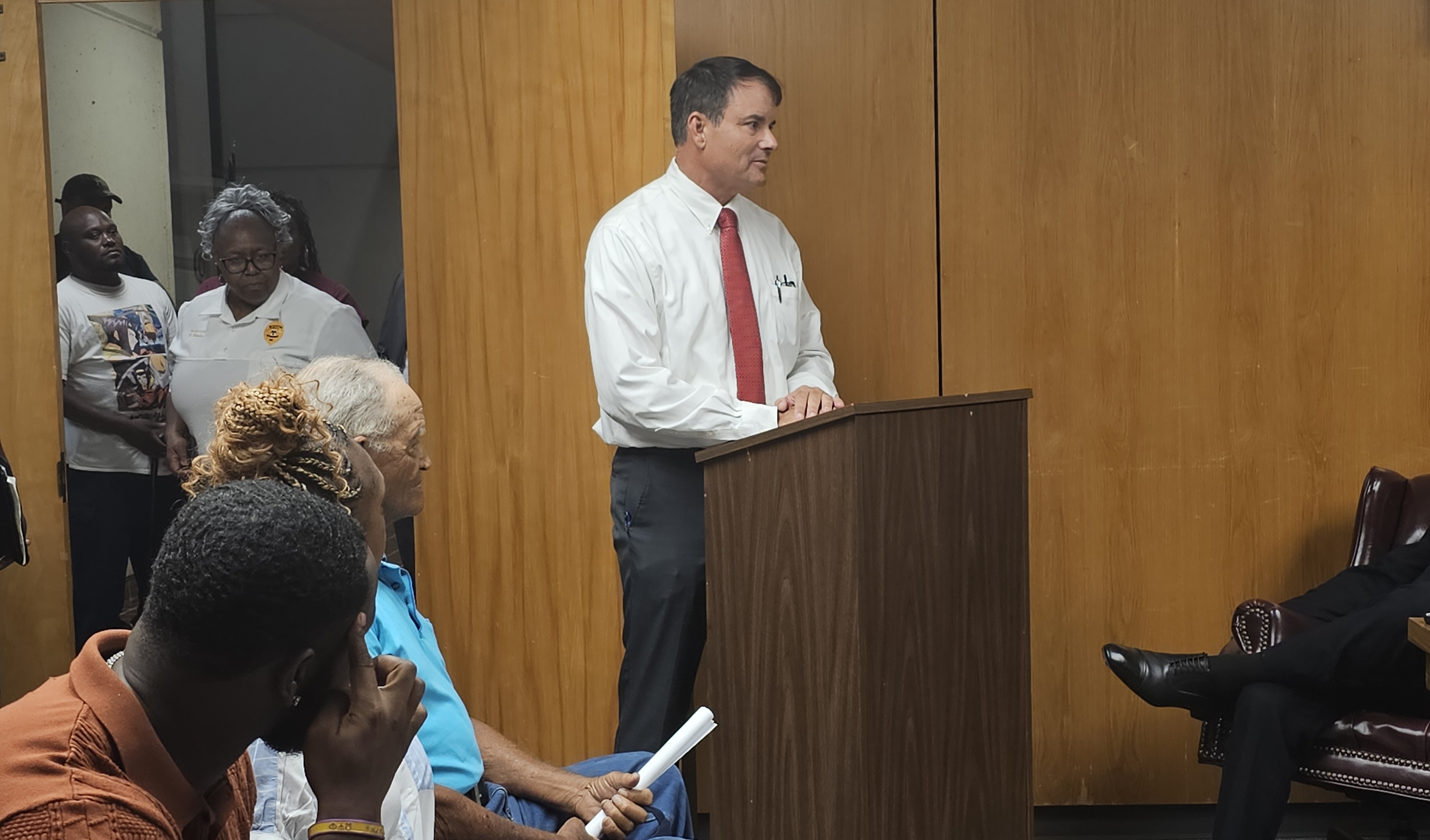Mental health courts needed
Published 9:16 pm Monday, February 4, 2019
Hundreds, maybe thousands, of bills have been filed at the state Legislature. The majority of those will die, never making to the floor of either chamber for a vote. Even fewer will make it past both the House and Senate and onto the governor’s desk.
One we hope does is authored by Brookhaven Rep. Becky Currie. Currie has again filed a bill that would create a mental health court system in the state. This year’s version of the bill should be up for a vote on the House floor this week.
Currie’s bill would create a court system similar to drug court, but for those with mental health problems. The idea is simple: Some caught in the court system need treatment, not jail time.
The system would be set up through regional mental health centers and would have requirements like ensuring offenders are taking their medicine and following up with all appointments and treatments.
“If they don’t meet those requirements then a judge would determine whether they go to a state hospital or if they need to go to jail,” Currie said previously. “Our prisons are loaded with people who are mentally ill — some who maybe if they had the right treatment the taxpayers wouldn’t have to pay for them being in prisons. It’s the next step in Mississippi in mental health reform. I think this would save us money in the long run and be better for Mississippians. And, it’s the humane thing to do.”
There is limited data out there on whether these programs reduce recidivism, but there is data that shows these programs produce better outcomes for mentally ill offenders.
A mental health court system won’t be cheap, but Currie has argued that it is cheaper than keeping suspects who need treatment locked up in jails and prisons.
“I’ve done a lot of work with the mentally ill and making sure they don’t stay in our jails and instead are going straight to the crisis centers. It has worked well in Brookhaven so far and other states doing this save millions. Just like our drug court, we would set up a mental health court,” she said.
A glaring example of the problem mental health courts seek to solve is the case of Lincoln County’s Randy Smith. Smith spent over a year in jail awaiting treatment at a mental health facility. Currie says Smith could have been helped sooner if the state had a mental health court system.
“A judge could have sent him through mental health court,” Currie said Friday. “It would have also made sure that he took his medicine and attended his visits at Region 8, and stayed out of jail.”
As a state, we can do better when it comes to addressing mental health needs. Currie’s bill is a good step in that direction.




